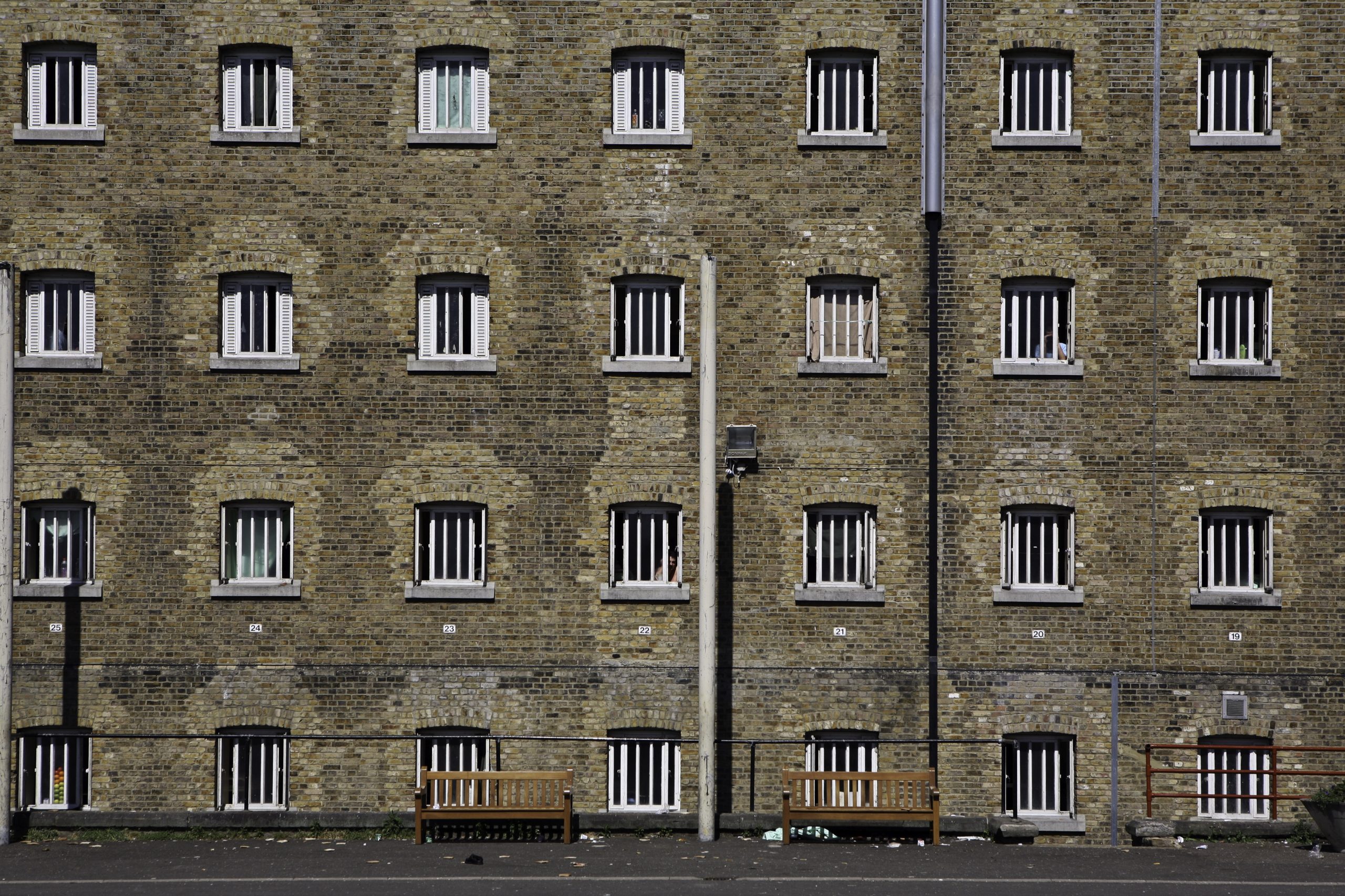A new study of women serving indeterminate sentences has called on the government to convert imprisonment for public protection (IPP) sentences to fixed terms sentences, and to reverse the burden of proof on parole boards so they have to demonstrate prisoners pose a risk.
The research for the Griffin Society by solicitor Sarah Smart provides the first empirical study of women IPP prisoners drawing on interviews with nine women. Smart works for Women in Prison. Each of the prisoners she interviewed had served at least twice her tariff and one had served eleven times her tariff. Despite IPPs, introduced by New Labour under the Criminal Justice Act 2003, being scrapped in 2012, there are still nearly 2,600 prisoners locked up under the old discredited regime.
Of the nine women interviewed by the author Sarah Smart, all spoke about the adverse effect on their mental health. Six had tried to take their lives ‘multiple times’ and six had ‘personality disorders, as well as bi-polar, complex PTSD, eating disorders, schizophrenia, anxiety and depression’. Five women lost children to local authority care.
‘My mental health has definitely declined,’ one of the prisoners told Smart. ‘I’m afraid of being stuck here and I’m afraid of hoping and dreaming and I’m afraid of getting out. I’ve been out of the world so long that I fear it.”
The study is dedicated to Charlie Nokes, an IPP prisoner who died alone in her cell in HMP Peterborough in 2016. Charlie’s tariff was 15 months and, by the time she died, she had been in prison for eight and a half years. She was waiting to be transferred to a psychiatric hospital. You can read about Charlie Nokes here.
Sarah Smart’s interest in the area began when she met an IPP prisoner in custody through her work with Women in Prison. ‘[It] was often used as a label to explain why women were not progressing through the system: “Oh, she’s IPP.” Prison Custody Officers clearly found IPP women presented with very complex, chronic needs which were often hard to manage on the wing. Offender supervisors struggled to get relevant offending behaviour needs addressed to satisfy the Parole Board about risk reduction. The mental health team simply could not meet the women’s complex therapeutic, mental health needs in the deeply untherapeutic custodial environment.’
According to the study, all of the women distinguished their tariff lengths ‘which they all judged as fair’ from the length of time they have actually spent in custody. ‘The indeterminate element of the sentence was what caused most frustration and pain and had affected their ability to progress,’ it continued. ‘There were widespread feelings of compounded anger that the sentence had been abolished, but they were still in custody, which led to a lack of confidence in the system and affected their willingness to engage.’







